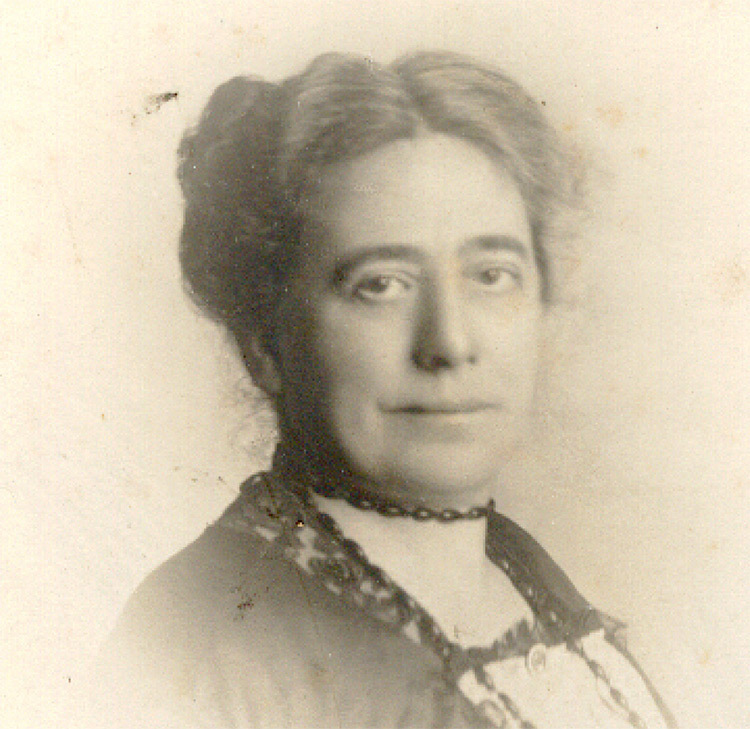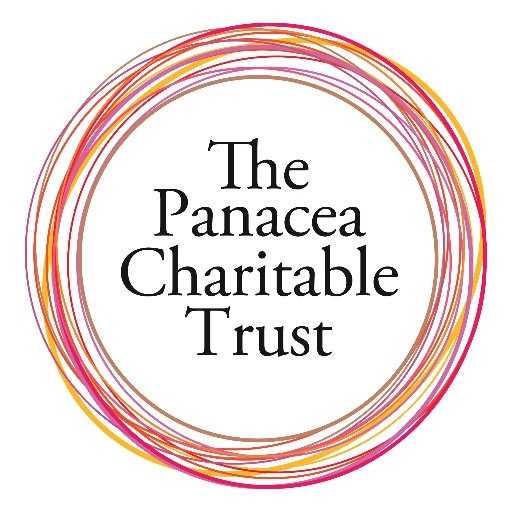On Charity: Paying It Forward?
Museum Volunteer and Tour Guide Adrian Bean shares his thoughts on the nature of giving and the Panacea Society.
The giving of money to Charity can be embarrassing. Should you ignore the 'chuggers' in Silver Street and just stride off, pretending you hadn't seen them? “Sadly, there are too many good causes in the world” is my excuse, but you still feel guilty. You like to know that your money will be spent well and of course you can't be sure...after all, according to some newspapers, charities often take advantage of vulnerable people who become serial givers, even if they can't afford it. Generally, we give most to unfortunate people suffering from “Acts of God” such as floods or earthquakes, despite claims that such money gets “lost” somewhere along the way to the victims.
Many people who joined the Panacea Society in the 1920's were quite comfortable financially and just like you or I nowadays perhaps, gave time and money to good causes, but that had to change when they became members. They had to comply with the Society Ordinances and Doctrines, which restricted their freedoms. As well as giving their Time for Society works they were “required to dedicate a specific and voluntary portion of their worldly possessions” (money, lands, houses, furniture and linen) by a tithe. But in addition, “members must discontinue support to Gentile charities either in money or personal service.”
 Mabel 'Octavia' Barltrop, founder of the Panacea Society
Mabel 'Octavia' Barltrop, founder of the Panacea Society
In effect, to be a proper believer they should give the Society money and not help other causes. Why was money needed? They had to have money put by safely for the Day of Revelation, which was imminent. They must “live with as little expenditure as possible, in order that we may give unto the Lord all that can be saved from our incomes, for the establishment of His Kingdom on earth.” Christ would need money when he returned to bring Heaven on Earth. As far as they were concerned this was the best cause imaginable, so it was a perfectly reasonable approach, even though it might have a bad effect on other good causes.

Why do we give to charity nowadays? Unpaid volunteers spend hours of their lives raising money for hospices, the British Legion, CALM and numerous other charities. Some people have genuine empathy for a particular cause and will support it no matter what. Very often though, the givers have no idea other than that's what you do for a laugh for Pudsey Day, Sport Relief, or whatever. Most people buy a lottery ticket hoping to win, not to help others. Yet when in the queue at my local newsagent I see something different. I often see school students buying sweets, then automatically putting their change in the charity box on the counter. Yes, lots of them do that. I can't remember which charity it is, and perhaps they only do it because they don't want to carry the change around all day. Perhaps a parent or teacher has influenced them. Or perhaps they genuinely want to help a good cause in their small way. If so, the Future looks bright-that's a civilised attitude, and in the broadest sense, Christian. I've never put my change in that box. Should I? Or would it be just my own self-interest, to feel less guilty?
The Panaceans’ interpretation of the word “charity” is the modern one, whereas in the Bible (1 Corinthians 13.13) it is generally accepted that it means “love.”
“And now abideth faith, hope, charity, these three; but the greatest of these is charity.”
It comes as a surprise to many people to learn that in Bedford, the Panacea Charitable Trust is the second biggest donor of money to other charities. It quietly and without excessive publicity gives money to local good causes to do with Poverty, Health and Education. So the money that those early members gave, perhaps with peer group pressure, is now used for broadly Christian purposes.
Did you know that?







